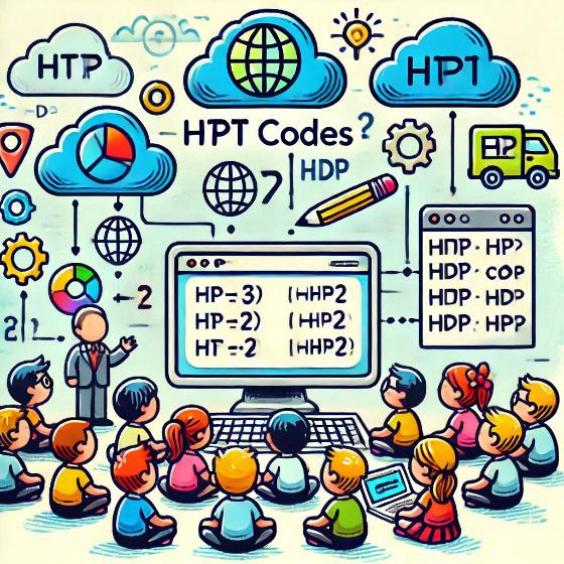What are HTTP codes and what are they for
In the world of technology and programming, there are many terms and concepts that can seem complex and difficult to understand. However, in this article, we will explore one of the most important and fundamental concepts of the web: HTTP codes.What are HTTP codes?
HTTP (Hypertext Transfer Protocol) codes are a set of numbers used to indicate the result of an HTTP request made to a web server. In other words, when a user accesses a web page, their browser sends a request to the server that hosts the page, and the server responds with an HTTP code indicating whether the request was successful or not.
How many HTTP codes are there?
There are five categories of HTTP codes, each with a specific range of numbers. Below, we present the five categories and some of the most common codes:
- Information codes (100-199): These codes indicate that the request has been received and is being processed.
- Success codes (200-299): These codes indicate that the request was successful and the requested information has been returned.
- Redirection codes (300-399): These codes indicate that the request has been redirected to another location.
- Client error codes (400-499): These codes indicate that the request could not be processed due to a client error.
- Server error codes (500-599): These codes indicate that the request could not be processed due to a server error.
Some common HTTP codes
Below, we present some of the most common HTTP codes:
- 200 OK: The request was successful and the requested information has been returned.
- 404 Not Found: The requested page was not found on the server.
- 500 Internal Server Error: The server experienced an internal error and cannot process the request.
- 301 Moved Permanently: The requested page was permanently moved to another location.
- 403 Forbidden: Access to the requested page is forbidden.
What are HTTP codes used for?
HTTP codes serve several purposes:
- Indicate the result of a request: HTTP codes indicate whether the request was successful or not.
- Provide additional information: HTTP codes can provide additional information about the request, such as the location of the requested page.
- Help diagnose errors: HTTP codes can help diagnose errors and problems with the request or the server.
- Improve user experience: HTTP codes can help improve the user experience by providing clear and concise information about the result of the request.
In summary, HTTP codes are a set of numbers used to indicate the result of an HTTP request and provide additional information about the request. They are fundamental to the web and are used in all aspects of programming and technology.






